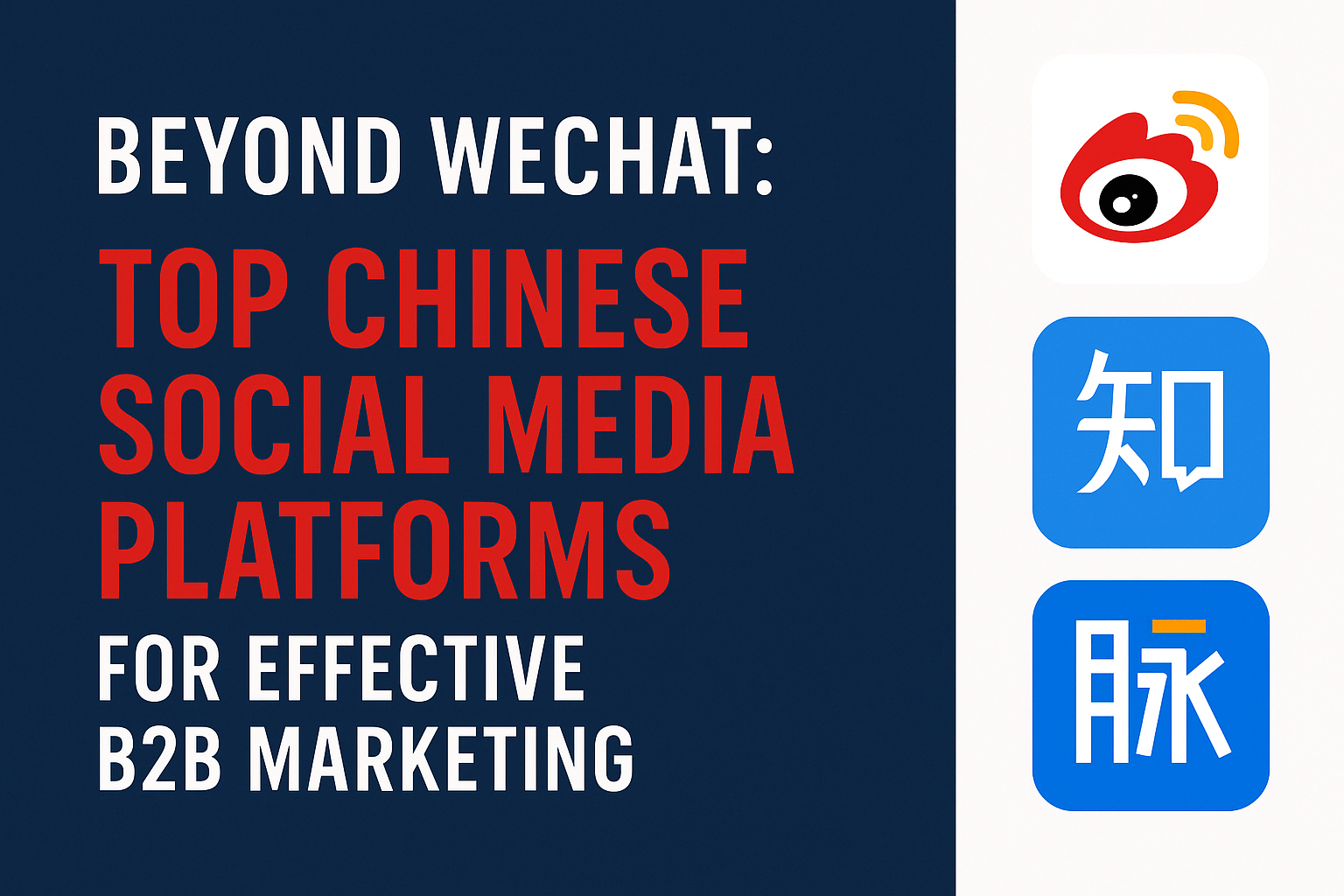Tencent Accelerates the Development of its One-Stop Live Shopping Platform, Will it be Able to Compete with Douyin?
The launch of Tencent’s WeChat Channels Store on July 21 increased the competition for Douyin’s live-streaming e-commerce venture. The launch of the new service is intended to replace the earlier WeChat-based online store, increasing the dependence of sellers on “WeChat Channels,” which offer live streaming and brief videos. In 2021, the short video service had 500 million daily active users, an increase of 79% over the year before. Each day, these users spent 35 minutes watching videos, an increase of 84% over 2020, but this was still less than a third of the time spent on Douyin and Kuaishou.
Link: https://en.pingwest.com/a/10539
Don’t You Dare Say “WeChat”:
Chinese users have long eschewed censorship by using inventive wordplay, such as homonyms and purposely misspelled words, to get around restrictions on social media. In addition to political taboos, there are also business regulations. Live streamers on Douyin are reportedly prohibited from using the terms “WeChat,” “friend circle,” or even “limited time offer” and “money-making.” Also, avoid bringing up the “country” or the “pandemic situation.” These never-ending guidelines and limitations were tiresome for content producers.
Link:https://chinamediaproject.org/2022/07/27/dont-you-dare-say-wechat/
Cartier snatches up China’s lower-tier markets ahead of the Qixi festival
In three Chinese cities, Henglong Plaza in Kunming, Wanxiang City in Nanning, and Hisense Plaza in Qingdao, Cartier has set up a number of pop-up experience stores. A limited-edition collection made specifically for the festival and available only in the Chinese market will be displayed in three distinctive installations.
Link:https://daoinsights.com/news/cartier-snatches-up-chinas-lower-tier-markets-ahead-of-qixi-festival/
5 Tips For KOL Collaborations In China
The outcomes of a partnership between a brand and KOL are impossible to foresee.
- 1. Limited-edition capsule collections are king
- 2. Take cues from local brands
- 3. Beware of collaboration fatigue
- 4. Keep in mind: Consumers in China still rely heavily on celebrities and KOLs
- 5. Yet brands must be more cautious than ever when partnering with a KOL or celebrity
Link: https://jingdaily.com/five-tips-kol-collaborations-china-neiwai-li-jiaqi/
Alibaba’s Ele.me joins ByteDance’s Douyin to challenge Tencent-backed Meituan in food delivery market
On Friday, Ele.me, an Alibaba Group Holding-backed food delivery service, announced a partnership with ByteDance that would enable Douyin’s 600 million daily active users to place food orders through the brief video app. Through the partnership, Ele.me will use videos on Douyin to promote products from millions of restaurants and stores.
Ele.me was acquired by Alibaba in 2018, but the platform has had trouble competing with Meituan, which is supported by Tencent Holdings. In the first quarter of 2021, Ele.me held 27% of the market for online food delivery in China, which is less than Meituan’s share of 67 percent. Meituan faces new obstacles as a result of the most recent partnership between Ele.me and Douyin.
H&M Returns to Tmall After Prolonged Xinjiang Cotton Controversy
H&M quietly made a comeback on Tmall, Alibaba’s flagship e-commerce site in China. The store’s reopening was announced by local media outlets on Monday. In 2018, the Swedish fast-fashion juggernaut debuted its official Tmall store. Due to allegations of forced labor in the Xinjiang region, the brand refused to use that cotton in March, and as a result was removed from Pinduoduo, JD.com, and Tmall.com. The store remains unsearchable on the latter two e-commerce sites, and its store listings remain delisted from online maps and Dianping, the Chinese version of Yelp.
H&M closed its first and largest flagship store in Shanghai this June due to protracted lockdown procedures and ongoing customer backlash. The brand currently runs 381 physical locations, down from more than 500 doors at the start of 2021. The brand also operates an official website in the market.
Link: https://sg.news.yahoo.com/h-m-returns-tmall-prolonged-151757777.html



